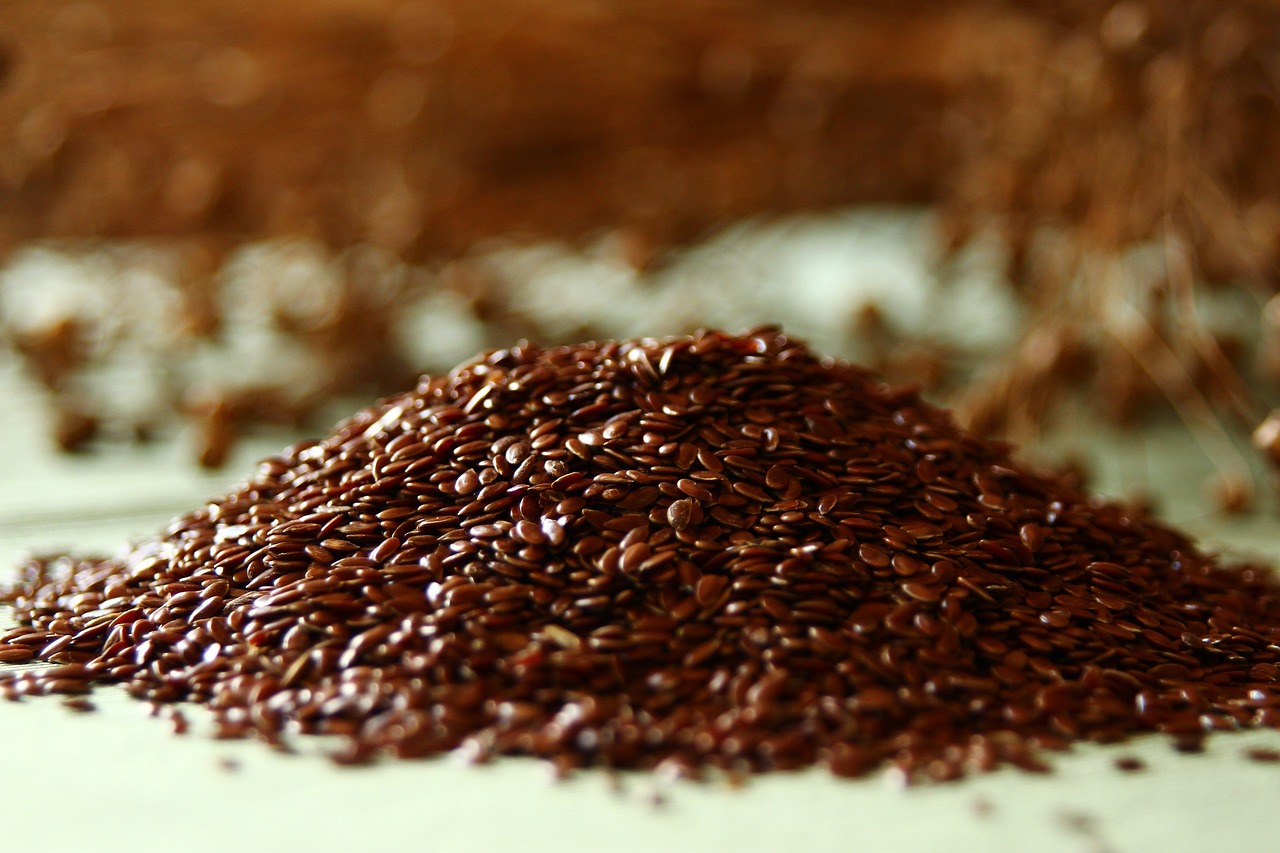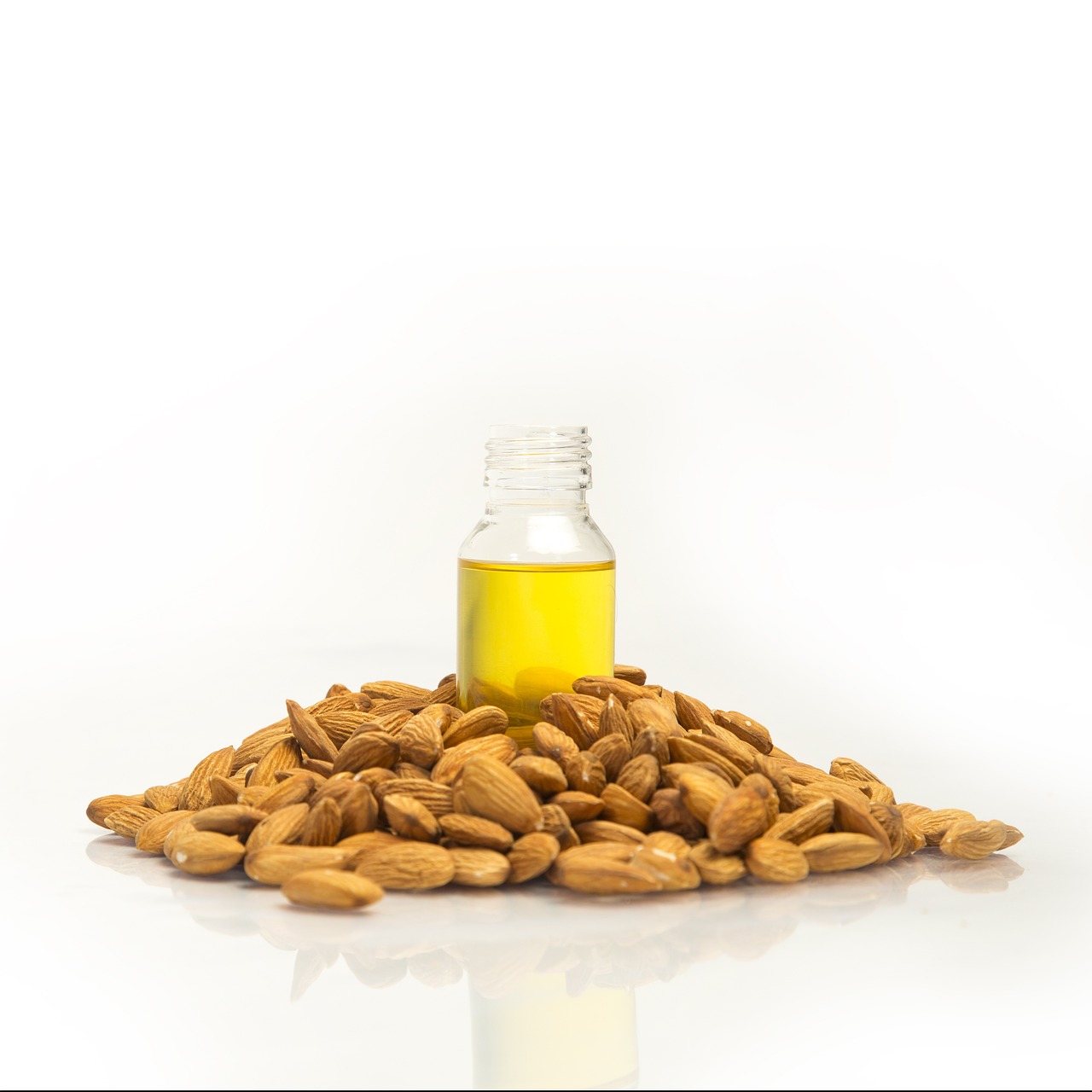Here are some simple home remedies for head lice that will make your head lice free.
Category: Wellbeing
Explore the Path to Optimal Health and Well-being
High blood pressure (HBP) itself usually has no symptoms. Rarely, headaches may occur. Knowing your blood pressure numbers is important, even when you’re feeling fine. If your blood pressure is normal, you can work with your health care team to keep it that way.
Aromatherapy is a deeply beneficial natural healing modality for enhancing emotional balance and physical health.
If we are experiencing the normal stress of living or excess stress from conflict or crisis, we can help ourselves greatly by taking advantage of the properties of flaxseed oil supplements that reduce the harmful effects of stress on our emotional and physical health.
No doubt you will need more than an apple to stay healthy, but apples are an important part of a healthy and balanced diet.
Being described as the fruit with the highest nutrient content, avocado health benefits are to do with the high protein, good fats, antioxidants, soluble and insoluble fibre and a variety of minerals and vitamins.
One of the most significant health benefits of kelp is its ability to remove environmental toxins, radioactive strontium and other heavy metals such as cadmium from your body, in a way no other food can do.
What are the benefits of chlorophyll to humans? It acts like the blood to plants and has antioxidant, anti-inflammatory and wound healing properties.
With far more benefits than most vegetables due to its antioxidant and probiotic effects and used in every cuisine in the world, onion is one of the oldest vegetables known in history.
So is bee propolis a natural antibiotic? Here’s some research to help you judge for yourself!
Angina is chest pain or uneasiness that occurs when an area of your heart muscle doesn’t get enough oxygen-rich blood.
Angina typically feels like the chest is being strangled. Severity of symptoms may or may not be associated with fatal heart attacks.
This herb works primarily as an expectorant. Pleurisy helps to expel phlegm from bronchial and nasal passages.
Considering the research in modern era and viewing the verses in Ayurveda it becomes evident that Ancient science has enormous hidden potential.
Whatever treatment you decide to use, whether conventional or natural, they will be of greatest benefit and help Alzheimer life expectancy if begun at the earliest signs of any Alzheimer symptoms.















